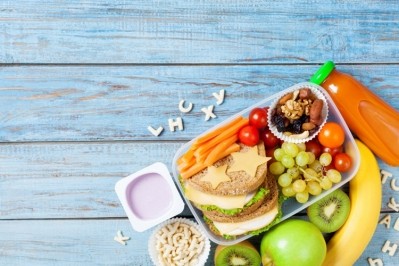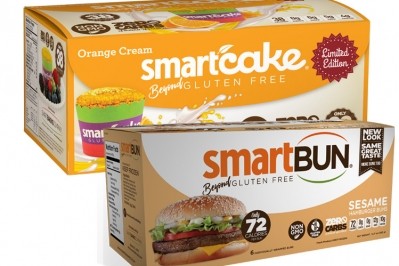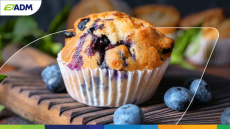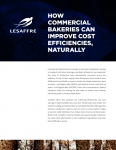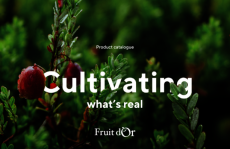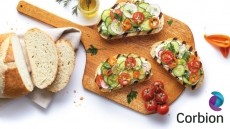School-safe snacks a breeze with SnackSafely’s custom feature
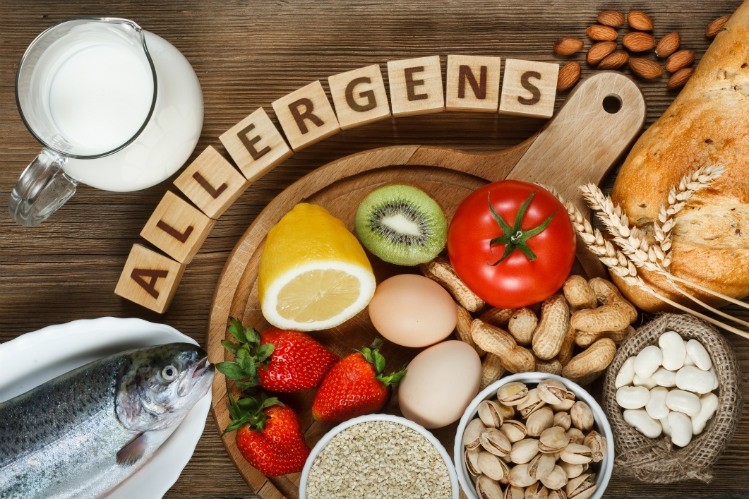
SnackSafely already features a rundown of more than 1300 ‘commonly available foods’ – all of which are free from peanuts and tree nuts. The site also lists hundreds of products free from the top eight allergens: wheat, peanuts, tree nuts, milk, eggs, soy, fish and shellfish. Many are also free from what advocates describe as the top 11, adding gluten, sesame and mustard.
The organization’s comprehensive guide – downloaded more than 150k times – offers parents, teachers, nurses and event planners a resource to quickly and easily determine which foods are safe to offer to allergen-averse groups.
Through a free account, users can, for the first time, curate their own guides by selecting from a list of those 11 allergens and more than 40 categories, such as pretzels, fruit snacks, cookies, crackers, peanut butter alternatives, breakfast cereals and nutrition/energy bars.
The resulting interactive guide not only lists all products in SnackSafely’s database that match the user’s requested characteristics, but it also provides ingredient lists and allergen profiles.
Meeting a need
About 32 million US residents, including 5.6m children, suffer from food allergies, according to the nonprofit Food Allergy Research and Education (FARE). One in 13 kids have allergies - which amounts to about two per classroom - and 40% of them are allergic to more than one food.
“Our customizable guides allow us to expand the number of food options for many more members of this growing community who cannot rely on food labels alone to stay safe from their allergens,” said SnackSafely CEO Dave Bloom.
The organization works with more than 100 manufacturers to verify detailed ingredient and production information – a process it says ‘fills the gap left by lax US labeling requirements.’
MadeGood, a Canadian brand producing organic, nut-free granola bars, showcases the SnackSafely badge on its website and lists 19 products on the site. Other nut-free brands – sunflower butter company SunButter, gluten-free bakery Gillian’s, and brownie maker Rule Breaker Snacks – also participate.
It is not just niche companies that have found reason to highlight their products on the site: larger snack producers such as Herr’s, Wise, and Late July are on there, too.
'We're at an inflection point'
FARE CEO Lisa Gables told BakeryandSnacks earlier this year the industry has reached an inflection point when it comes to ‘providing options to mitigate risk.’
“When you remove a food from a family or a classroom, for CPG companies, they’ve just lost the family and the classroom,” she said, referring to, say, the loss of peanut butter and jelly (jam) sandwiches in schools.
“You are seeing people recognize: those numbers are big. You’re really seeing this huge inflection across CPG, pharma and agriculture,” she continued.
These industries have realized not only the implications of food allergens in consumers’ daily lives but, secondarily, the market opportunity.
“Being able to replace those with foods or nutrients that are less risky is a great marketing opportunity for these companies,” added Gables, noting that taste, value and convenience will continue to be ‘the guiding light’ for category growth.
FARE works closely with CPG food companies to ‘solve the problem together,’ in a long-game effort to streamline communication to the consumer.
“We all share a common concern of wanting to ensure that anyone who purchases a product is clearly aware of what’s in that product.”
She told us undeclared allergens remain one of the primary reasons for food product recalls. FARE encourages companies to consider smart labels as an ‘interim solution’ for permanent label changes, especially as margins grow ever tighter.
“We understand the complexity of what they are encountering,” she said. "We understand margins are tight. We understand there are a lot of demands being placed on the system.”
Yet, she countered, “science and technology and consumer demand are all intersecting very neatly at the exact same point,” adding there is a determined commitment to change the narrative.
Food allergies are a “distinct disease that needs a distinct solution.”

